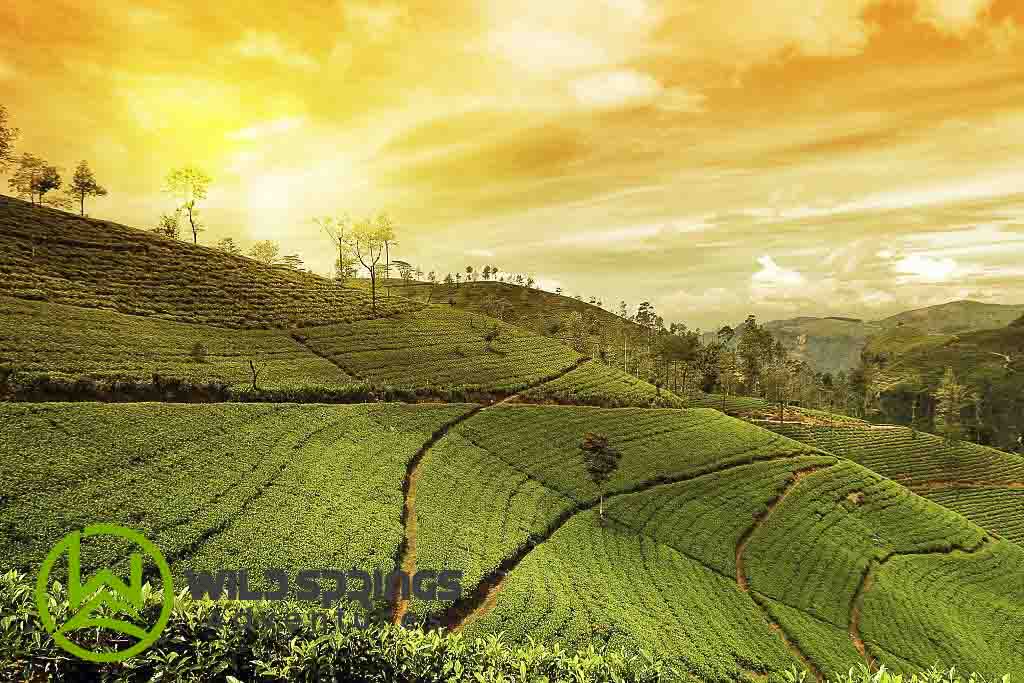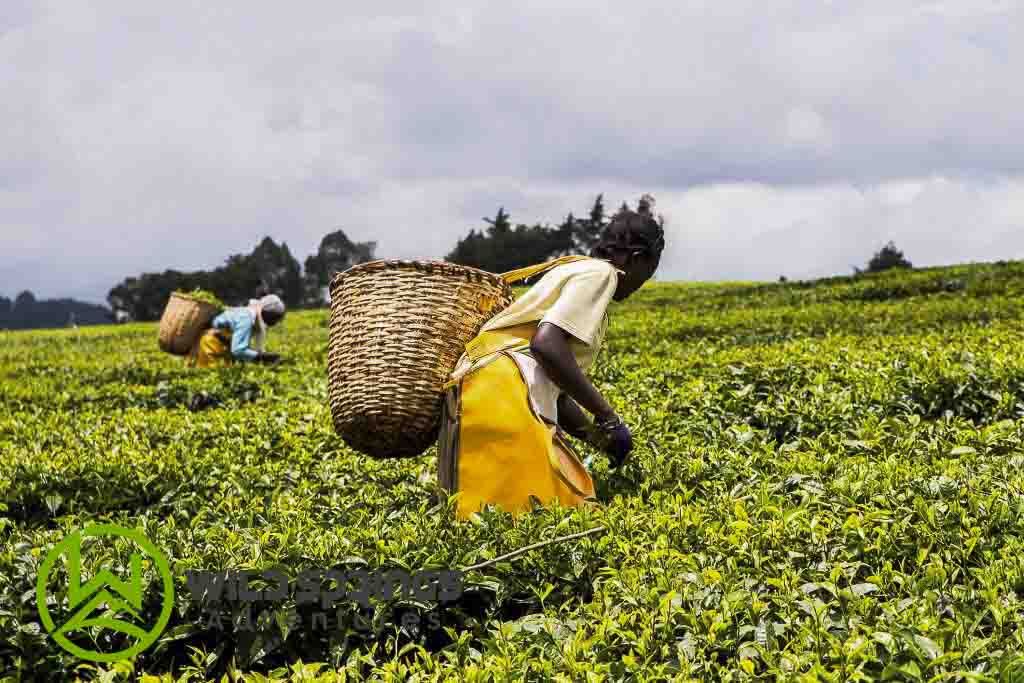
Kenya is the world’s third-largest tea producer, and its rich tea history can be traced back to the early 1900s. Kenyan Tea has made a name for itself in terms of flavor, color, and romance. In this blog post, we will explore the fascinating journey of Tea in Kenya. From its humble beginnings at the Kiambethu Tea Farm to the sprawling Finlays’ Kenyan Tea Estate.
The Birthplace of Kenya’s Tea Farming Industry
Tea farming in Kenya began over a century ago at the Kiambethu Tea Farm. Kiambethu is in present-day Tigoni, Limuru. In addition, Kiambethu Farm is recognized as the country’s first tea farm. The farm was established in 1910 by Arnold Butler McDonell and his wife. Today, Kiambethu continues its operations, providing visitors with a glimpse into the early days of tea farming in Kenya. Further, also serving as a testimonial to the resilience and passion of Kenya’s tea pioneers. Join us on a half day tour to Kiambethu for a live educative session about tea.
The largest Tea Estate in Kenya
Now that we have explored the rich historical beginnings of tea farming in Kenya let’s move on to the present day and the sheer scale of the tea industry in the country. The largest tea estate in Kenya is Finlays’ Kenyan Tea Estate covering a massive area of over 10,300 hectares. With its large plantations and innovative farming techniques, Finlays has become a driving force in the Kenyan tea industry, producing exceptional tea leaves that are exported all over the world.
Regions practicing Tea Farming in Kenya
Kenya’s diverse topography and climate allow for tea farming in various regions. Some of the most famous tea-producing areas include:
1. Central Kenya
Featuring fertile soil and a cool climate, Central Kenya is an ideal region for tea farming. The region boasts several high-quality tea farms, contributing significantly to Kenya’s overall tea production.
2. Kericho Home to some of Kenya’s most scenic tea farms, Kericho is nestled in the heart of the Rift Valley. Alongside its stunning landscape, the area also offers an excellent environment for tea cultivation.
3. Nandi : In the western part of the Rift Valley lies Nandi County. Here, tea farming thrives due to its suitable climate and fertile volcanic soils. The Tea from Nandi has a distinct flavor, making it highly sought-after by tea connoisseurs.

The Diversity of Kenyan Tea Flavors, Culture, and Impact
There is something magical about Kenyan Tea. Apart from the well-known Kenyan black Tea, the country also produces several other types of Tea. They, include Purple Tea, Green tea, White Tea, and yellow Tea. In fact, despite the many tea varieties grown across the globe, Kenyan Tea has steadily risen to recognition as a front-runner. Kenyan Tea boasts unique flavors and cultural significance. Furthermore, the tea industry in Kenya has an incredible economic and social impact on the country.
The Social impact of the tea industry in Kenya
Besides the fascinating flavors and aroma, Kenyan Tea also carries a deep cultural significance. In fact, tea-growing communities in Kenya often share heartwarming stories of their love for Tea. And Importantly and how the Tea industry has impacted their lives. For example, a tea farmer named John Njoroge from Murang’a County reveals the benefits of tea farming. Firstly, Tea farming has provided his family with a steady income, allowing him to support his children through school. Additionally, he has managed to invest in his farm.
On the other hand, passionate tea enthusiasts like Jane Wambui. A tea shop owner in Nyamakima, Nairobi, express her fondness for the unique flavors and rich history that Kenyan Tea represents. According to Jane, spreading the word about Kenyan Tea connects her to her heritage. Importantly allowing her to share a piece of her home with others.
The economic impact of the tea industry in Kenya
It’s important to note that the tea industry in Kenya goes beyond its cultural significance. In fact, tea production is Kenya’s third-largest foreign exchange earner, contributing immensely to the country’s GDP. Tea leads the list of the top kenyan exports which include Cut flowers, Coffee AND Crude Oil. Additionally, it provides employment opportunities for thousands of people, especially in rural areas with limited job options. Consequently, the tea industry in Kenya continues to play a crucial role in supporting the local economy. Explore more on Agro-Tourism Tour Packages in Kenya here.
